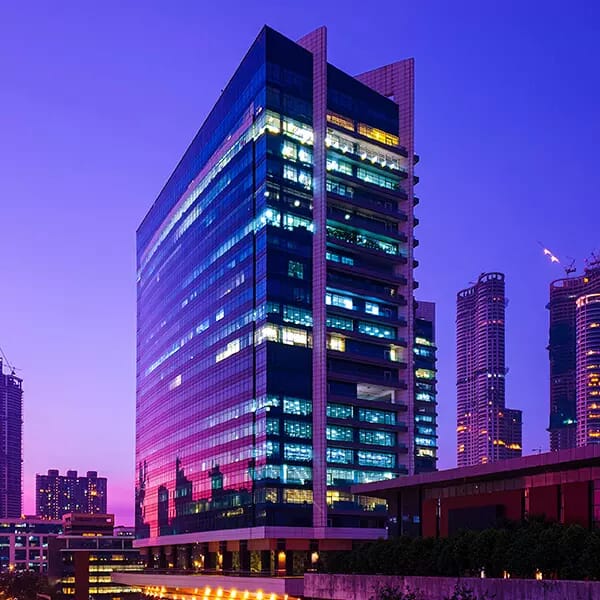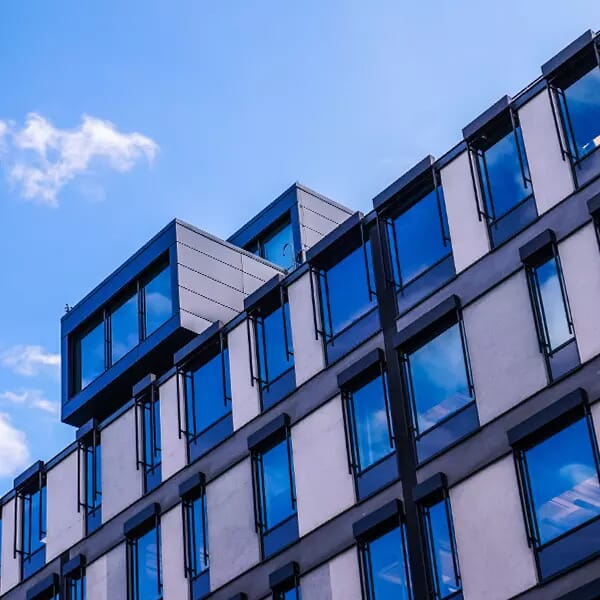 Picture by: Nigel Tadyanehondo
Picture by: Nigel TadyanehondoHow tech and demographics are reshaping the hotel industry
Maria-Pia Intini, citizenM hotels, talks about how tech is used to drive the hospitality industry forward.
Maria-Pia Intini is the Development & Investment Director Europe of citizenM hotels, a hotel-chain that offers “affordable-luxury” to its guests. After a recent GRI Club Italia meeting at The Shard, London, Maria-Pia talked to the GRI Hub about how the ‘citizenM’ brand uses tech to improve the customer experience and save on the total investment cost.
Where are the best investment opportunities right now in Europe for citizenM hotels?
So we at citizenM hotels, as an owner-operator, consider a selection of cities across Europe, the US, and Asia, based on specific criteria. We consider a range of metrics, such as the number of international office occupiers, the quality of life, the price of real estate, the barriers to entry, the KPIs, etc. In Europe, we used these metrics to assess each city and found that London was the best bet. Paris and Amsterdam are also great locations for offering hospitality to business travellers. Other European cities where we focus our investment efforts include Zurich, Geneva, Copenhagen, Stockholm, Munich, Hamburg, Barcelona, Rome and Milan.
What do you believe to be the future occupier? What will hospitality assets need to included to fulfill and attract them?
Our main demographic would include someone who is a frequent traveller, travels mostly for business, culturally advanced, tech-savvy, and ‘value-conscious’. This means our guests are aware of where they want to spend their money, so things like WiFi, great design and comfortable furniture is all to a luxury standard, and we purposefully leave out things they don’t care about so they don’t have to pay for as much, such as room square footage or minibar.Whether it comes to time, space, or function, what people value most is efficiency.
How are you using tech to both improve customer experience and optimise cost efficiency?
To start with the second part of your question, tech plays a big part in optimising cost as it allows us to centralise most services that other hotels would have on-site. So we don’t have any marketers or HR on-site; it’s all centralised and the office is in the Netherlands. So with technology, our guest can communicate with the relevant ambassadors via an iPad in their hotel room. The iPad is a hub for them to control the temperature, the TV, the lights, and everything else. So technology allows them to have complete integration and easy interaction.
On the operational side, the internet allows us to have limited operational resources on-site, and, therefore, have less office space in the hotel, saving on the construction cost and the acquisition price.
For more information on the Italian market and further insight into the pan-European hospitality sector, Italia GRI takes place on the 13 and 14 May, 2020.







